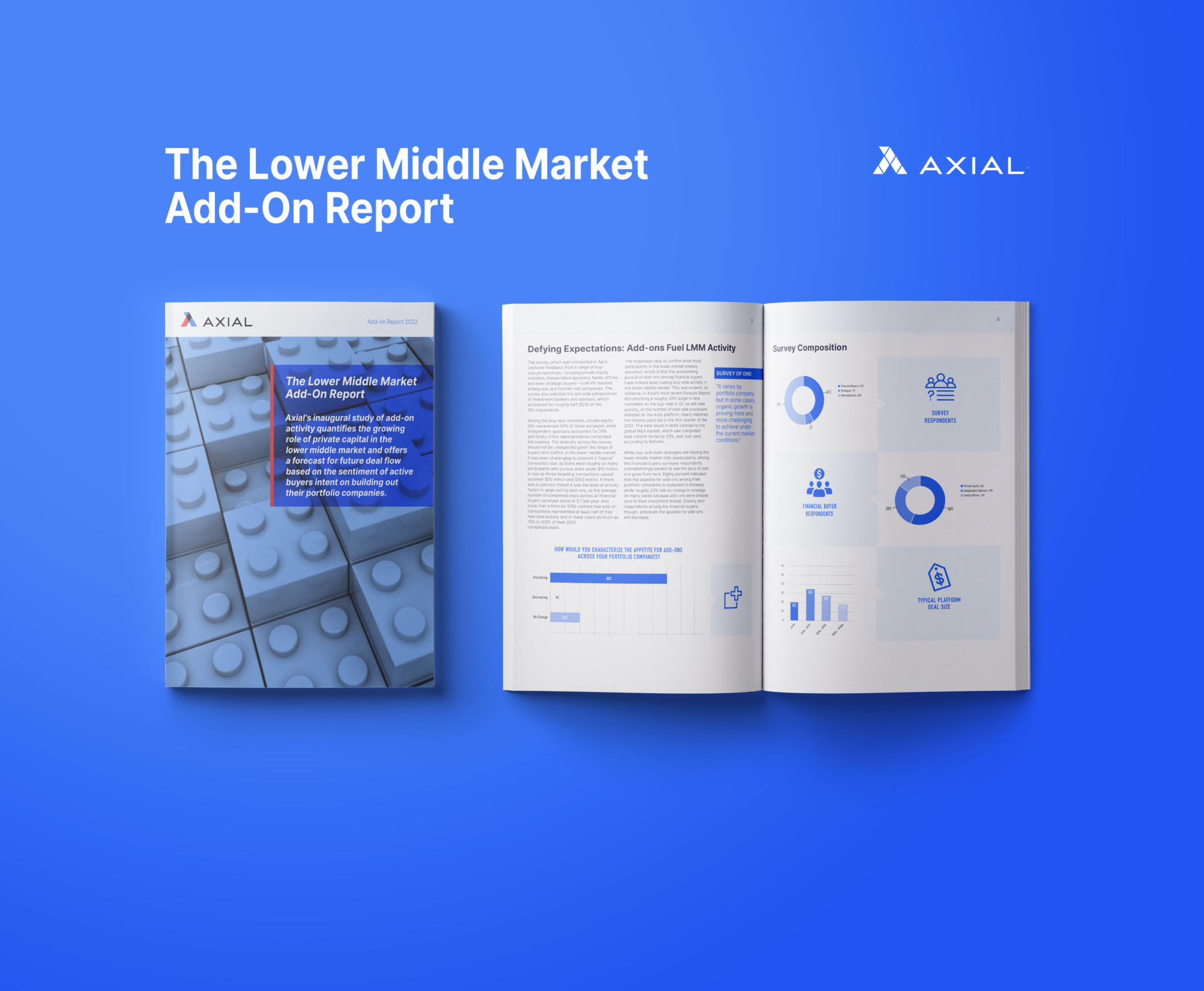
Introducing The Lower Middle Market Add-On Report
A survey of 150 deal professionals across the Axial network documents the extent to which financial sponsors have descended upon…
With over $200 billion in dry powder sitting around in private equity funds, the market is

becoming increasingly competitive. In a slow quarter for deal volume, many large investment firms are looking to the middle market.
Private lenders are increasingly interested in the lower and middle segments of the market, in part because those deals come with better access to executive boards and monthly financials, as well as flexible deal terms.
At a recent Wall Street Journal PRO Private Equity event, Jonathan Lavine, Co-Managing Partner of Bain Capital and Chief Investment Officer of Bain Capital Credit, examined how private debt investors find opportunities in a low-yield environment and avoid pitfalls.
“Sponsor-backed M&A deals are down, but I feel strongly that lenders need to learn that everyone borrows money, not just PE. We see huge opportunity with family-owned businesses and fundless sponsors. It’s all about the sourcing efforts.”
“We definitely think there are a lot of distressed [debt opportunities] out there, but they are definitely not in the US. Distressed cycles can come for a number of reasons. One is actual economic distress. Two is a market dislocation.
Companies that are doing OK in a very slow-growth environment are finally not going to be able to make it. [Opportunities for distressed deals are] going to be very company-specific and it’s going to be very industry- specific unless there’s some unforeseen event in the US, which I don’t expect.”
“We’ve bought 4 middle market portfolios since 2010. I think what’s important to remember about the middle market is that it’s a very big space. There are people who describe it as $250 million loans and there are people who describe it as $10 million loans. We generally focus on companies with $10 to $75 million of EBITDA which will bring us to invest $50 to $200 million.”
